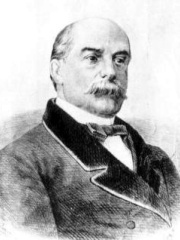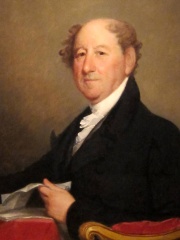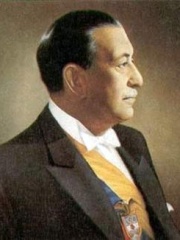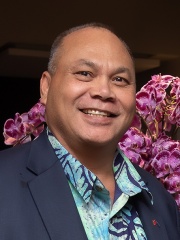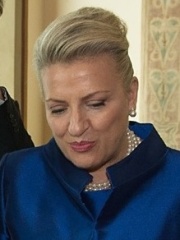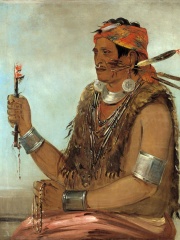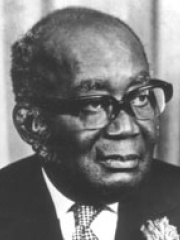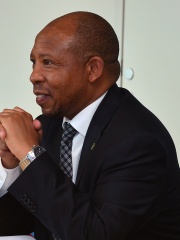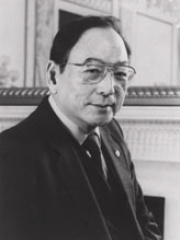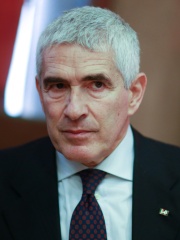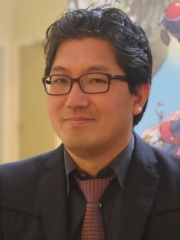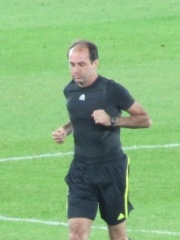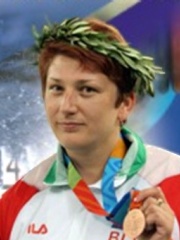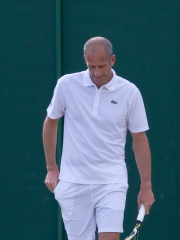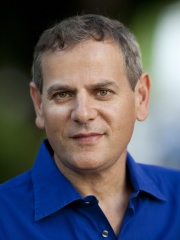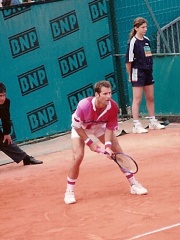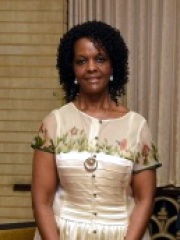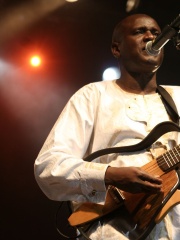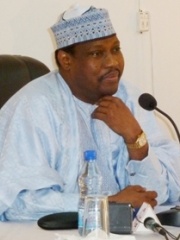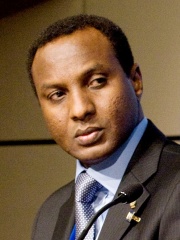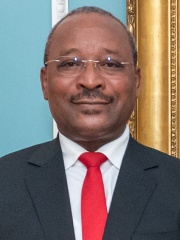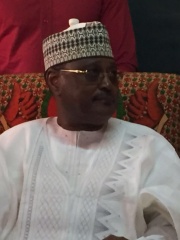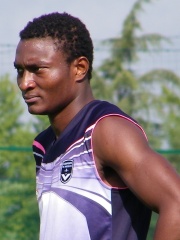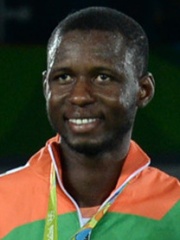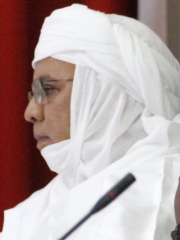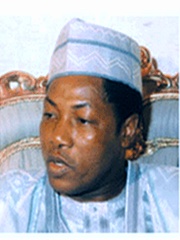Politician
Salou Djibo
1965 - today
EN.WIKIPEDIA PAGE VIEWS (PV)
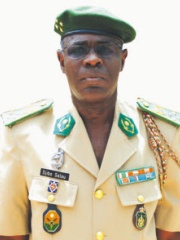
 Salou Djibo
Salou Djibo
His biography is available in 24 different languages on Wikipedia. Salou Djibo is the 16,800th most popular politician (down from 14,580th in 2024), the 20th most popular biography from Niger (down from 17th in 2019) and the 17th most popular Nigerien Politician.
Memorability Metrics
Page views of Salou Djibo by language
Among Politicians
Among politicians, Salou Djibo ranks 16,800 out of 19,576. Before him are Philippe Riboud, Luis González-Bravo y López de Arjona, Bajram Rexhepi, Rufus King, Roberto Urdaneta Arbeláez, and Lionel Aingimea. After him are Valeria Ciavatta, Tenskwatawa, Edward Akufo-Addo, Moeketsi Majoro, Spark Matsunaga, and Pier Ferdinando Casini.
Most Popular Politicians in Wikipedia
Go to all RankingsPhilippe Riboud
1957 - Present
HPI: 52.40
Rank: 16,801
Luis González-Bravo y López de Arjona
1811 - 1871
HPI: 52.40
Rank: 16,802
Bajram Rexhepi
1954 - 2017
HPI: 52.40
Rank: 16,803
Rufus King
1755 - 1827
HPI: 52.40
Rank: 16,804
Roberto Urdaneta Arbeláez
1890 - 1972
HPI: 52.39
Rank: 16,805
Lionel Aingimea
1969 - Present
HPI: 52.39
Rank: 16,806
Salou Djibo
1965 - Present
HPI: 52.39
Rank: 16,807
Valeria Ciavatta
1959 - Present
HPI: 52.38
Rank: 16,808
Tenskwatawa
1775 - 1836
HPI: 52.38
Rank: 16,809
Edward Akufo-Addo
1906 - 1979
HPI: 52.38
Rank: 16,810
Moeketsi Majoro
1961 - Present
HPI: 52.37
Rank: 16,811
Spark Matsunaga
1916 - 1990
HPI: 52.37
Rank: 16,812
Pier Ferdinando Casini
1955 - Present
HPI: 52.37
Rank: 16,813
Contemporaries
Among people born in 1965, Salou Djibo ranks 404. Before him are Yuji Naka, Carlos Eugênio Simon, Soichi Noguchi, Iryna Yatchenko, Patrick Roy, and Kazuo Echigo. After him are Guy Forget, Nitzan Horowitz, Debi Diamond, Karel Nováček, Oleg Kotov, and Grace Mugabe.
Others Born in 1965
Go to all RankingsYuji Naka
GAME DESIGNER
1965 - Present
HPI: 52.50
Rank: 398
Carlos Eugênio Simon
REFEREE
1965 - Present
HPI: 52.48
Rank: 399
Soichi Noguchi
ASTRONAUT
1965 - Present
HPI: 52.45
Rank: 400
Iryna Yatchenko
ATHLETE
1965 - Present
HPI: 52.45
Rank: 401
Patrick Roy
POLITICIAN
1965 - Present
HPI: 52.42
Rank: 402
Kazuo Echigo
SOCCER PLAYER
1965 - Present
HPI: 52.40
Rank: 403
Salou Djibo
POLITICIAN
1965 - Present
HPI: 52.39
Rank: 404
Guy Forget
TENNIS PLAYER
1965 - Present
HPI: 52.31
Rank: 405
Nitzan Horowitz
POLITICIAN
1965 - Present
HPI: 52.30
Rank: 406
Debi Diamond
MODEL
1965 - Present
HPI: 52.30
Rank: 407
Karel Nováček
TENNIS PLAYER
1965 - Present
HPI: 52.30
Rank: 408
Oleg Kotov
ASTRONAUT
1965 - Present
HPI: 52.22
Rank: 409
Grace Mugabe
POLITICIAN
1965 - Present
HPI: 52.22
Rank: 410
In Niger
Among people born in Niger, Salou Djibo ranks 20 out of NaN. Before him are Ismaël Lô (1956), Hama Amadou (1950), Ali Lamine Zeine (1965), Hassoumi Massaoudou (1957), Seyni Oumarou (1951), and Oumarou Ganda (1935). After him are Hadizatou Mani (1984), Moussa Maâzou (1988), Abdoul Razak Issoufou (1994), Amadou Moutari (1994), William N'Gounou (1983), and Olivier Bonnes (1990).
Others born in Niger
Go to all RankingsIsmaël Lô
MUSICIAN
1956 - Present
HPI: 55.86
Rank: 14
Hama Amadou
POLITICIAN
1950 - 2024
HPI: 55.83
Rank: 15
Ali Lamine Zeine
POLITICIAN
1965 - Present
HPI: 54.10
Rank: 16
Hassoumi Massaoudou
POLITICIAN
1957 - Present
HPI: 54.04
Rank: 17
Seyni Oumarou
POLITICIAN
1951 - Present
HPI: 53.59
Rank: 18
Oumarou Ganda
FILM DIRECTOR
1935 - 1981
HPI: 53.29
Rank: 19
Salou Djibo
POLITICIAN
1965 - Present
HPI: 52.39
Rank: 20
Hadizatou Mani
SOCIAL ACTIVIST
1984 - Present
HPI: 43.68
Rank: 21
Moussa Maâzou
SOCCER PLAYER
1988 - Present
HPI: 40.95
Rank: 22
Abdoul Razak Issoufou
ATHLETE
1994 - Present
HPI: 38.34
Rank: 23
Amadou Moutari
SOCCER PLAYER
1994 - Present
HPI: 37.10
Rank: 24
William N'Gounou
SOCCER PLAYER
1983 - Present
HPI: 36.79
Rank: 25
Olivier Bonnes
SOCCER PLAYER
1990 - Present
HPI: 34.77
Rank: 26
Among Politicians In Niger
Among politicians born in Niger, Salou Djibo ranks 17. Before him are Brigi Rafini (1953), Ibrahim Baré Maïnassara (1949), Hama Amadou (1950), Ali Lamine Zeine (1965), Hassoumi Massaoudou (1957), and Seyni Oumarou (1951).
Brigi Rafini
1953 - Present
HPI: 59.11
Rank: 11
Ibrahim Baré Maïnassara
1949 - 1999
HPI: 58.80
Rank: 12
Hama Amadou
1950 - 2024
HPI: 55.83
Rank: 13
Ali Lamine Zeine
1965 - Present
HPI: 54.10
Rank: 14
Hassoumi Massaoudou
1957 - Present
HPI: 54.04
Rank: 15
Seyni Oumarou
1951 - Present
HPI: 53.59
Rank: 16
Salou Djibo
1965 - Present
HPI: 52.39
Rank: 17

